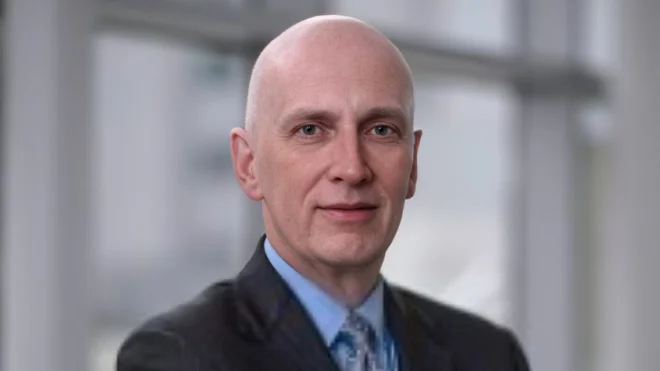
Patients at Baylor Medicine and Baylor St. Luke’s Medical Center now have access to a new treatment for complex aortic aneurysms. The procedure, involving endovascular fenestrated and branched stent-grafts, offers an alternative to traditional open surgery by repairing the aneurysm while preserving blood flow to essential organs like the kidneys and intestines.
Traditional surgical procedures for aortic aneurysms were extensive, often taking over eight hours with significant recovery times. Dr. Gustavo Oderich, chief of the Division of Vascular Surgery and Endovascular Therapy at Baylor College of Medicine, emphasized the benefits of endovascular surgery: "Endovascular surgery is less invasive, which means there is less trauma and stress to the patient. There is also less blood loss and essentially almost no incision or very small incisions, which allows us to have a substantially lower risk of complications."
The majority of aortic aneurysms occur below the kidneys, making them easier to address with standard endovascular stents. However, when they affect vessels above the kidneys, maintaining organ blood supply becomes crucial. Complex aneurysms can be treated using specialized stents with fenestrations or branches that connect to side arteries.
Oderich highlighted the precision involved in these procedures: "This procedure involves precision medicine and allows us to tailor treatment specific to a patient." He noted that custom stents are designed according to each patient's anatomy.
The new procedures offer patients significant advantages due to their low mortality rate—approximately 1%—and shorter hospital stays ranging from one to four days. Patients can resume normal activities more quickly post-surgery.
Dr. Todd Rosengart expressed enthusiasm about Dr. Oderich's contributions: "We could not be more thrilled and privileged to welcome Dr. Oderich... The stent technology that Dr. Oderich has helped pioneer represents a miraculous new innovation in treating this deadly disease."
Oderich himself stated his excitement about advancing cardiovascular surgery at Baylor Medicine: "I am excited to bring these procedures... because I consider this the next chapter in cardiovascular surgery."